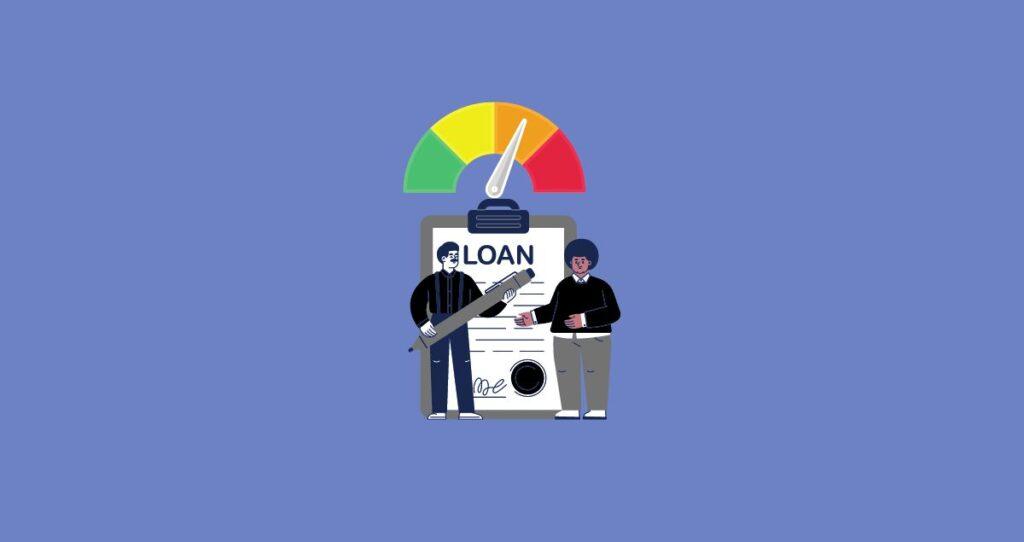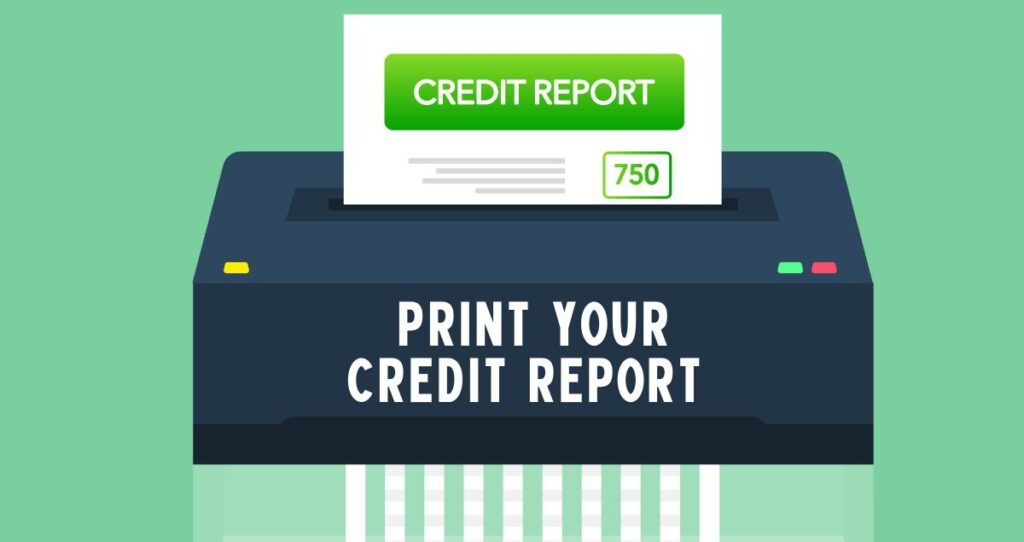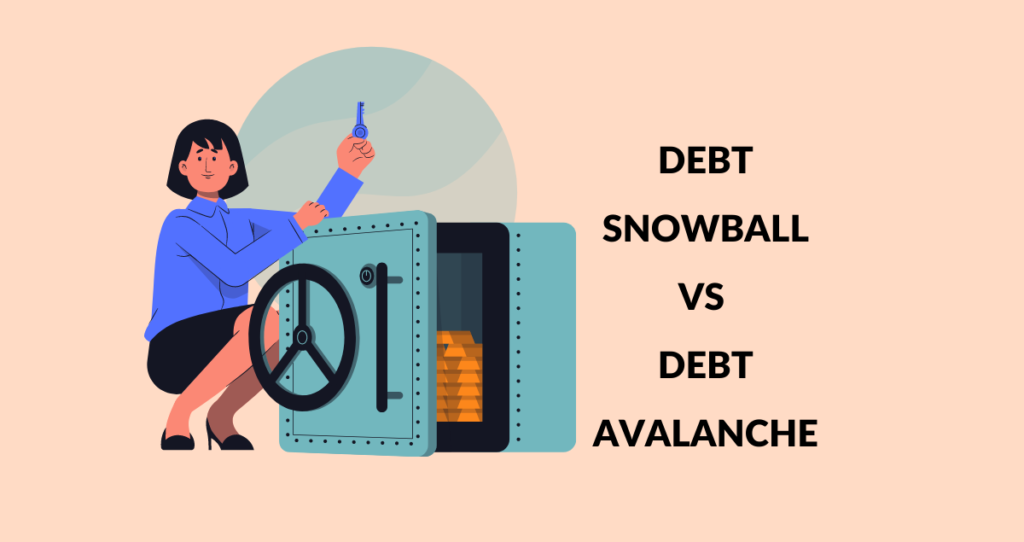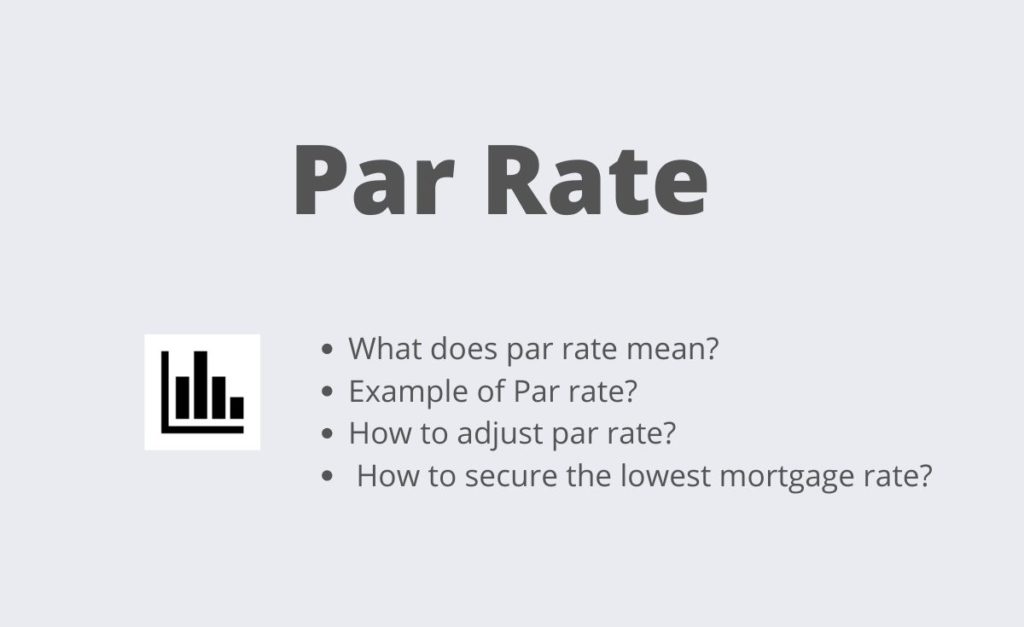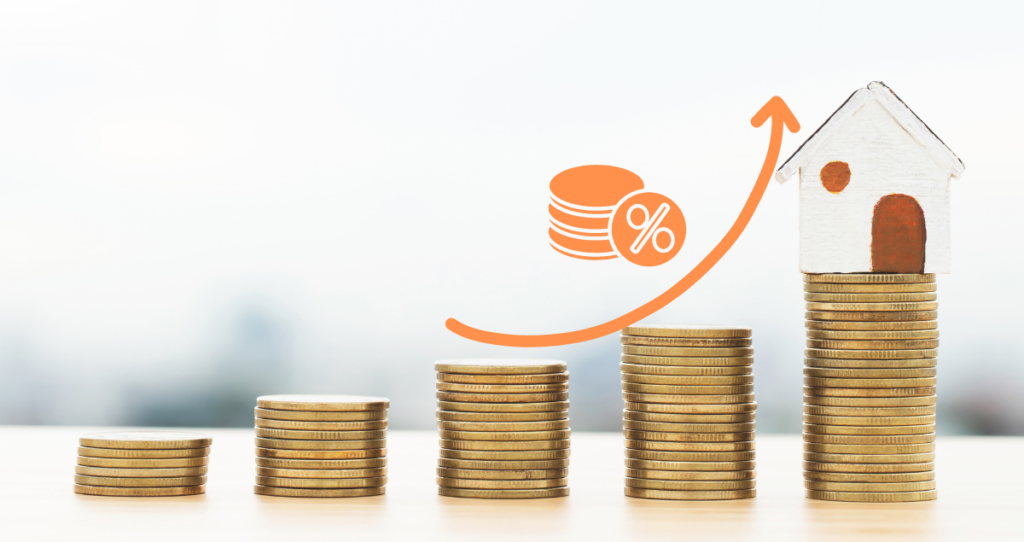Paying off a car loan can potentially increase your credit score in the long run. In the short term, however, it may drop your credit score by a few points, especially if closing the account directly weakens your credit mix. A good credit mix is made of revolving credit accounts such as credit cards and personal lines of credit and installment loans such as car loans, mortgages, and student loans.
So, if your car loan was the only installment loan on your credit report, paying it off will potentially weaken your credit mix. Hence lowering your credit score. But, if there are other installment loans on your credit report, paying off your car loan will have a minimal impact on your credit score. Paying off a car loan might positively affect your score due to reducing the overall debt, which boosts your debt-to-income (DTI) ratio and improves your creditworthiness.
Even if your credit score might lower after paying off a car loan, you can regain those points quickly. You must maintain healthy financial habits, such as paying off other outstanding debts, avoiding late payments, and using credit responsibly.
How do car loans affect your credit score?
Car loans affect your credit score in many ways, including payment history, credit utilization, length of credit history, credit mix, and new credit inquiries.
Timely payments on your car loan can positively impact your overall credit health, while late or missed payments will drop your credit score. Payment history accounts for 35% of your FICO score and 40% of your VantageScore. So, a late car payment can lower your credit score by as much as 180, depending on your credit history and the severity of the late payment, according to credit.com. Additionally, a car loan increases your debt and credit utilization, which can lower your score depending on your outstanding debt.
Furthermore, lenders perform a credit check when you apply for a car loan, which may slightly decrease your credit score. Each credit check results in a hard inquiry on your credit report, which can lower your credit score by 5 to 6 points on average. However, a well-maintained car loan can improve your credit mix and payment history, demonstrating responsible credit usage and enhancing your credit profile.
Lastly, applying for a car loan also affects the age of your credit, which is another factor in your credit score calculation. The age of your credit is the average of all credit account ages. So, a newer account will result in a lower credit age, which may lower your credit score. The age of your credit affects 15% of your FICO score and 21% (age of credit plus credit mix) of your VantageScore.
Will my credit score go down if I pay off my car?
Paying off a car loan may cause a short-term decrease in your credit score if it weakens your credit mix. A good credit mix consists of installment loans such as mortgages, car loans, and student loans and revolving credit such as credit cards and personal lines of credit.
So, when does paying off a car loan lower your credit score? If paying off your loan directly weakens your credit mix, the effect could knock a few points off your credit score. For example, if your car loan was the only installment loan on your credit report, paying it off will weaken your credit mix. Hence, your score will drop in the short term.
Remember that paying off your debts always has a long-term positive effect on your credit health. As your overall debt goes lower, our DTI ratio also improves, which positively affects your creditworthiness.
Related: How long does it take to improve credit after paying off debt?
Why didn’t my credit score increase when I paid off my car?
Some people paying off their car loans will immediately boost their credit scores. Although this is true for the long term, you might see a slight decrease in your credit score after paying off a car loan.
Your car loan is one of the many installment loans you could have on your credit reports. After paying off your car loan, the account will be closed. You will no longer benefit from its payment history or credit mix. If you recently paid off your loan but your credit score did not improve, it is due to several factors.
Paying off your car loan had a negligible impact on one or more factors on your credit score.
Your credit score is calculated using various components. These factors include payment history, credit utilization, length of credit history, types of credit, and recent inquiries. Paying off a car may have had a minor impact on one of these components, but it wasn’t enough to increase the overall score.
It is possible that you recently opened credit accounts
Every time you open a credit account, such as a new credit card or new loan, your lender runs a credit check. This results in a hard inquiry on your credit report, which lowers your credit score by about 5 to 6 points on average.
You may have negative items on your credit report.
Negative items on your credit reports, such as late payments, foreclosure, bankruptcy, collections, etc., lower your credit score and impact your credit for a while. If your credit score did not go up after a car loan, you might still have negative items weighing down your score. To better understand your credit situation and improve your score, reviewing your credit report and addressing any inaccuracies or negative factors is essential.
Paying off a car loan negatively impacted your credit mix
Although debt payments improve your debt-to-income ratio and boost your credit over time, paying off a car loan can lower your credit score in the short term. For example, if the loan was the only installment credit, paying it off will leave you with a weak credit mix, lowering your credit score.
How to get a 700 credit score in 30 days?
Having a 700+ credit score is essential when applying for loans. Most lenders trust borrowers with good credit scores as they tend to make timely payments and respect the terms of their loans. If you currently have a bad credit score and want to boost it to over 700 in 30 days, you can use the following tips.
Check your credit reports and dispute errors, inaccuracies, and removable negative items, and correct mistakes in your report.
The first and foremost important step to get a 700 credit score in 30 days is to check your credit reports. You can get a free copy of your annual credit reports from each central credit reporting bureau once every 12 months. Once you have the report, read it line by line and dispute errors, inaccuracies, and removable negative items. This, alone, can boost your score by a lot of points.
Avoid late payments
Your payment history affects 35% of your credit score calculations. So, to get a 700 credit score, you need to pay your bills on time. Even if your payment might not be reported to credit bureaus as a late payment until 30 days past due, you will pay interest charges on the balance you carry on revolving credit accounts. So, you can avoid interest charges by paying on time and in full.
Pay down your debts
Paying down your debt can have a significant impact on your credit score. Usually, too much debt weighs your credit health down due to a higher DTI ratio. You can improve your credit score by paying off some of your debts. Focus more on revolving credit debts, such as credit card debts, as paying them off will reduce your credit utilization. Credit utilization is nothing other than how much you have spent compared to the available credit limit. It is best to carry no balance on your credit cards or keep your credit utilization under 6% for maximum benefits on your credit score.
Related: What debt should you pay off first to raise your credit score?
One of the fastest ways to get a 700 credit score is to become an authorized user of a good credit card account. By being added to someone else’s account, you benefit directly from their excellent account activities and credit history, which in turn boosts your credit score fast.
Maintain good credit habits.
Getting a 700 credit score in 30 days requires good credit habits. To maintain a low credit utilization ratio, you should avoid excessive spending on your credit accounts, do not open multiple accounts to avoid hard inquiries, and follow your credit account terms to the letter.
Try the Experian BOOST program.
Did you know you can instantly boost your credit score by as many as 10 points? This is possible through the Experian Boost program. To do this, you must submit copies of your bills and let the magic happen. According to Experian, bills that qualify for the Experian Boost program are Mobile and landline phones, rent payments, utilities, telecom, insurance, internet, and video streaming services. Read more about the Experian Boost program and how to get started.
- How to Raise Your Credit Score in 30 Days?
- How do you dispute an error on your credit report?
- How do you dispute credit card charges?
- How do you get a free annual credit report?
When you pay off your car, does your credit score go up?
When you pay off your car, your credit score may not necessarily go up immediately. While completing a loan payment demonstrates your financial responsibility and reduces your debt, it could also weaken your credit mix, which is a factor considered in credit score calculations. However, maintaining a history of timely payments and using credit responsibly can contribute to a positive credit score increase over time.
You might also like to know how to avoid repossession of your car.
How much will my credit score drop after paying off a car?
The drop in credit score after paying off a car loan can vary for each individual, depending on various factors such as payment history, credit utilization, length of credit history, and remaining credit mix. The type of credit currently on your credit reports will also influence the number of points your credit score drops after paying off your car.
For example, your score will drop if you only have revolving credit accounts on your credit reports due to paying off a car loan. It is also important to note that credit mix affects your credit score only by 10%, which is not that much compared to other factors, such as your payment history, which accounts for 35%. So, on average, paying off your car loan might drop your credit score by a few points, but it will likely recover over time with responsible credit management.
